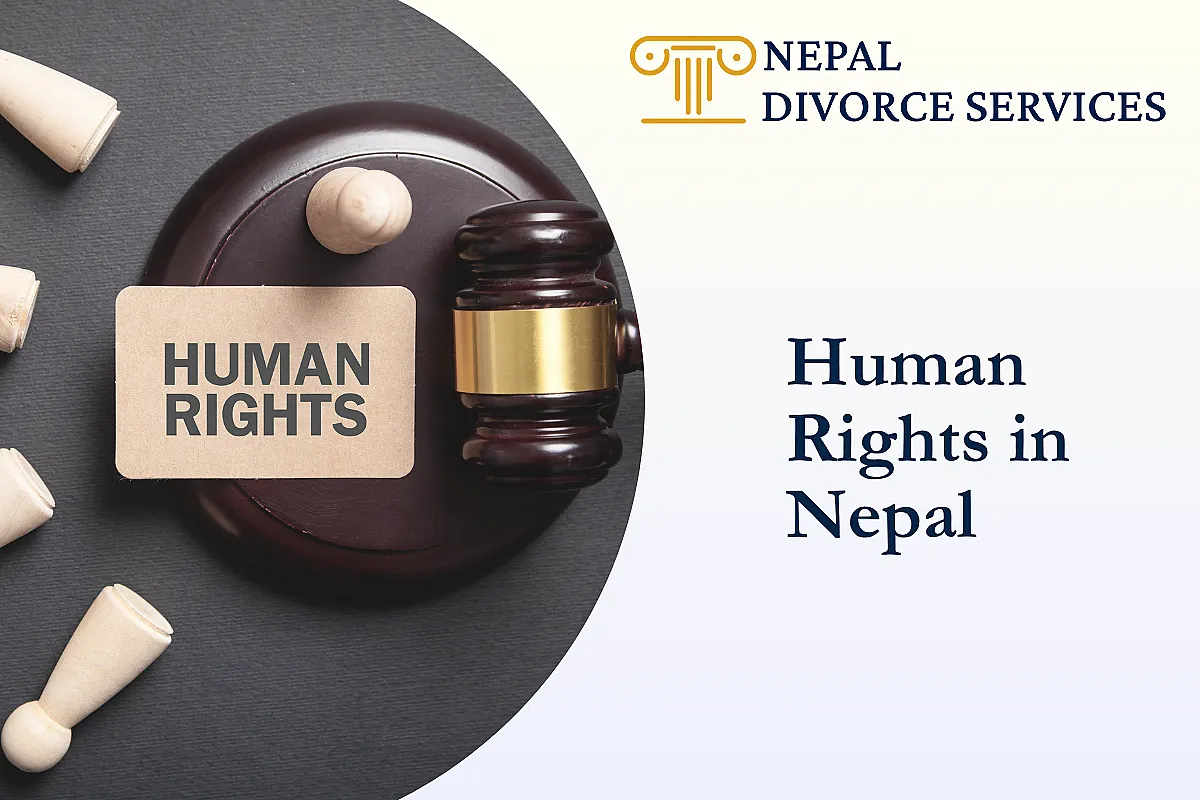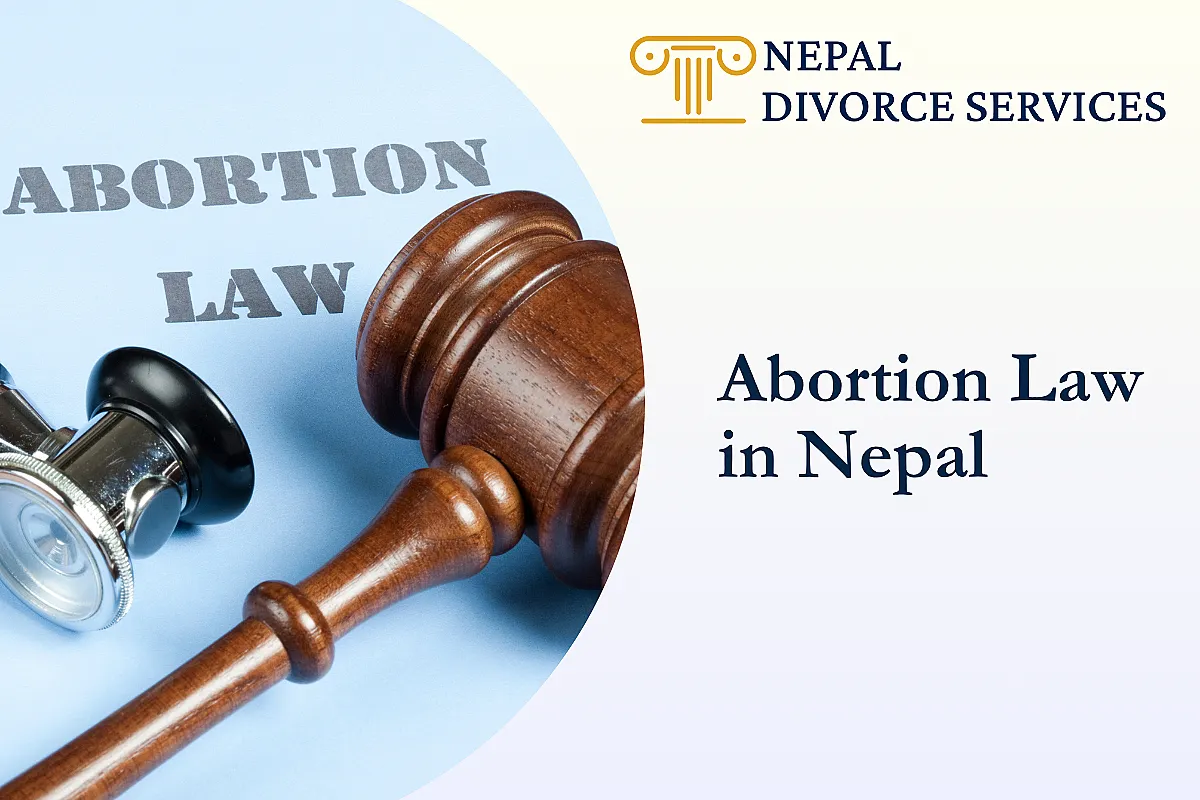Tag : Constitutional Rights Lawyer
Human Rights in Nepal
Human Rights in Nepal are the rights and freedoms that are guaranteed to all Nepalese people by the constitution, laws and international treaties. Human rights include civil and political rights, such as freedom of expression, assembly, association, religion and fair trial, as well as economic, social and cultural rights, such as right to education, health, work, food and social security. Human rights also include the right to live with dignity, equality and non-discrimination. Human rights are essential for democracy, development and peace in Nepal. However, human rights in Nepal face many challenges and violations, especially in the context of the decade-long armed conflict between the government and the Maoist rebels from 1996 to 2006, which resulted in thousands of deaths, disappearances, displacements and abuses by both sides. The conflict also affected the human rights situation in terms of poverty, health, education, gender equality and social inclusion. Despite the signing of the Comprehensive Peace Agreement in 2006 and the promulgation of the new constitution in 2015, human rights issues remain unresolved and unaddressed in Nepal.
From Shadows to Sunlight: Nepal's Journey to Safe Abortion Access
Nestled amidst the majestic Himalayas, Nepal has embarked on a progressive journey towards reproductive rights, particularly in the arena of abortion law. Decades ago, unsafe abortions plagued the nation, claiming countless lives and pushing countless women into debilitating complications. However, through tireless advocacy and a commitment to maternal health, Nepal has transformed its legal landscape, offering hope and security to women seeking safe and accessible abortion care.


